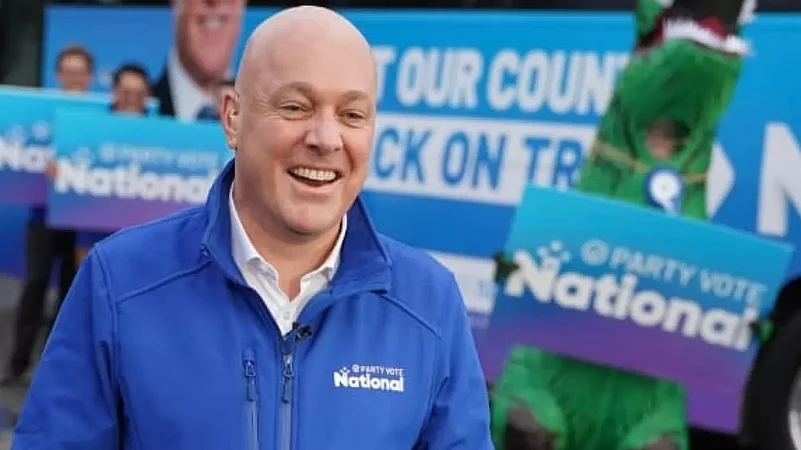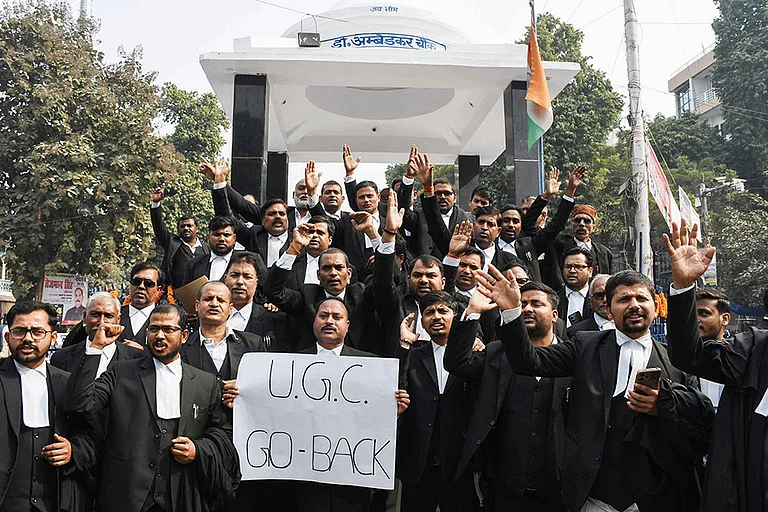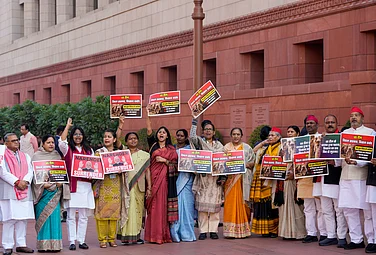Christopher Luxon, a former businessman, emerged victorious in New Zealand's recent election, securing a decisive mandate for change after six years of governance led by the liberal Jacinda Ardern. This transition marks a significant shift in New Zealand's political landscape, leaving many eagerly anticipating what lies ahead for the nation.
Luxon's conservative government is still taking shape, as ballot counting continues. In a magnanimous gesture, outgoing Prime Minister Chris Hipkins conceded defeat, acknowledging that the result wasn't what he had hoped for. Hipkins urged his supporters to take pride in the accomplishments of the past six years.
The unexpected departure of Ardern earlier in the year due to exhaustion, despite her previous landslide electoral victory, underscored the changing public sentiment. Issues like COVID-19 restrictions and economic concerns had eroded her popularity, AP reported.
With more than two-thirds of the votes counted, Luxon's National Party had secured around 40 percent of the vote, making him the likely candidate to form an alliance with the libertarian ACT Party under New Zealand's proportional voting system.
In a particularly tight race, Luxon's party aimed to wrestle away Mount Albert, Ardern's former stronghold, which had been a Labour bastion since 1946. The potential shift in this seat encapsulates the shifting dynamics of New Zealand politics, with voters expressing concerns about the state of the economy and the rising cost of living.
The promises made by Luxon, such as tax cuts for middle-income earners and a focus on crime reduction, resonated with many voters. Meanwhile, Hipkins had advocated for free dental care for those under 30 and the removal of sales taxes on fruits and vegetables.
Another contentious issue in the election was the government's relationship with the Indigenous Maori population. Luxon pledged to disband the Maori Health Authority, citing concerns about a dual healthcare system, while Hipkins defended co-governance efforts and accused Luxon of endorsing racism.
Despite the initial impression of a "bloodbath" for the left in this election, the final outcome remains uncertain until all votes are counted. The election reflects a significant shift in the New Zealand political landscape, with Luxon, a newcomer to politics, emerging as a formidable contender against the experienced Hipkins during televised debates. However, Luxon's gaffe about his food expenses during a debate underscored challenges in connecting with voters on issues of cost of living.


























